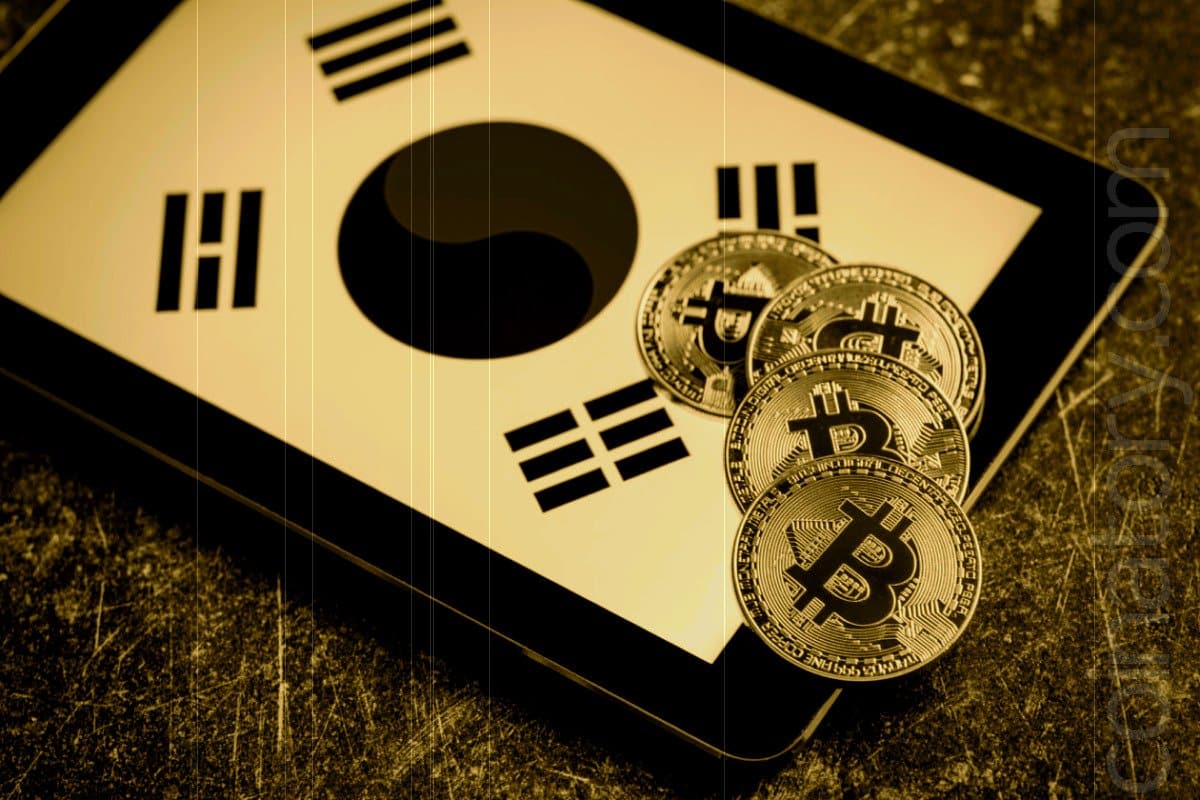
In a decisive step toward enhancing cryptocurrency governance, Democratic Party lawmaker Kim Young-hwan has introduced an amendment to South Korea’s Improper Solicitation and Graft Act aimed at combating insider trading and bribery involving virtual assets.
The proposed amendment seeks to broaden the definition of “improper solicitation” to encompass virtual assets and the exchange of insider information. This legal update is part of South Korea’s broader push to strengthen its regulatory framework for cryptocurrencies and protect investors from market manipulation and unethical practices.
Closing the Cryptocurrency Regulatory Gap
Young-hwan’s initiative addresses a notable loophole in South Korea’s financial regulations. Currently, the country recognizes several forms of financial benefits—such as money, securities, real estate, and memberships—as bribes, but excludes cryptocurrencies. This omission has left digital assets outside the scope of key anti-corruption laws, creating a regulatory gap.
By including cryptocurrencies under the umbrella of “improper solicitation,” the amendment would ensure that virtual assets receive the same legal treatment as other financial benefits. Young-hwan asserts that this change will enhance transparency, prevent corruption, and curb the misuse of cryptocurrencies for personal enrichment.
Furthermore, the proposed legislation aims to strengthen anti-bribery measures by expanding the definition of improper solicitation to cover additional forms of corruption. It also explicitly prohibits the sharing of sensitive information for personal gain, adding another layer of protection for market integrity.
A Part of South Korea’s Broader Crypto Strategy
This amendment aligns with South Korea’s ongoing efforts to bring greater regulatory clarity to the cryptocurrency industry. The country has already made significant strides in this direction, notably with the enactment of the Virtual Asset Users Protection Act, which bolstered security measures for crypto investors.
Additionally, South Korea’s government has laid out comprehensive tax policies and tightened oversight of cryptocurrency exchanges to ensure compliance and market stability. Most recently, the Financial Supervisory Service (FSS) introduced a zero-tolerance policy toward illegal crypto activities. FSS Governor Lee Bok-hyun has reaffirmed his commitment to cracking down on illicit trading practices to ensure a safer digital asset ecosystem.
Conclusion
If passed, the amendment to the Improper Solicitation and Graft Act would close a critical regulatory gap in South Korea’s crypto governance. By including virtual assets in anti-corruption laws, the country would take another important step toward ensuring a fair and transparent digital financial market.







